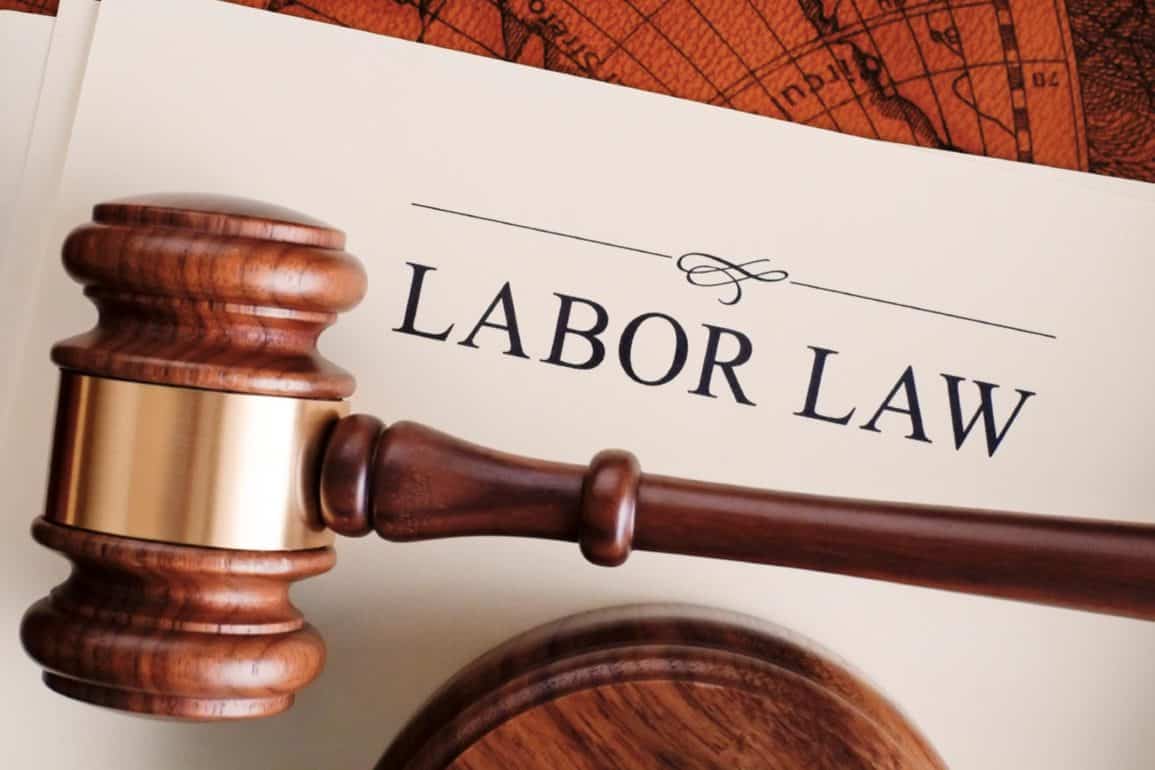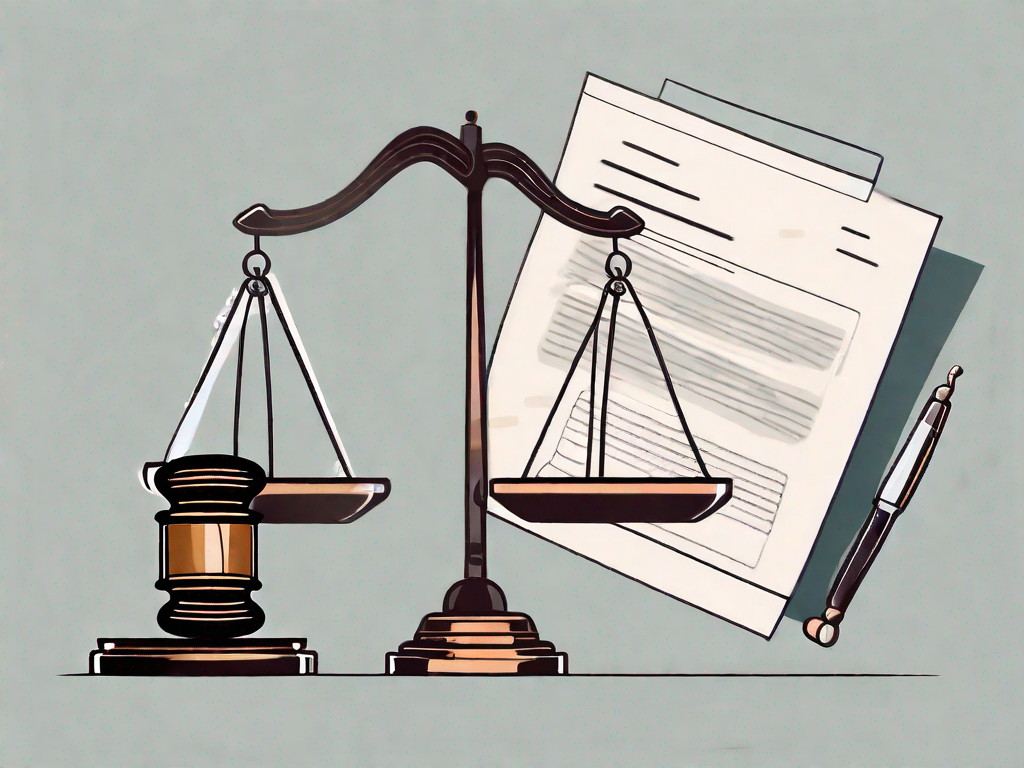Monthly-Paid Ayurvedic Doctor Not an Employee under the Act
SC Clarifies ‘Trespasser Status’ of Ex-Employees Under ‘Estate Quarters Act’

The Supreme Court recently determined that an Ayurvedic doctor employed on a monthly salary at an estate does not qualify for protections under the Estate Quarters (Special Provisions) Act No. 2 of 1971.
This decision came as a reversal of an earlier judgment by the Civil Appellate High Court of Kandy, which had granted the doctor, Amarasena, Rs. 250,000 in damages. Amarasena had claimed his right to occupy estate-provided quarters was violated after his employment was terminated in December 2008. The Supreme Court clarified that, according to the Act, an “employee” must be paid on an hourly or daily basis.
The case stemmed from Amarasena’s claim to occupy estate-provided quarters after his contract was terminated in December 2008. Following the cessation of his employment, the defendants, Kelani Valley Plantations PLC and estate superintendents, cut off the electricity supply to the quarters. Amarasena subsequently sued for damages, asserting that his right to occupy the premises was violated.
Initially, the District Court dismissed Amarasena’s claims, but the High Court later awarded him Rs. 250,000 in damages, stating he was entitled to protections under the Estate Quarters Act. However, the Supreme Court found that Amarasena was paid on a monthly basis, which does not fit the Act’s definition of an “employee,” who must be paid on an hourly or daily basis as outlined in sections 2 and 5 of the Act.
Plaintiff as a Trespasser?
During the appeal, the defendant’s counsel argued that the plaintiff became a trespasser upon the termination of his contract in 2008, citing older cases such as Narthupana Tea and Rubber Estates Ltd. v. L.E. Perera (1962) and Forbes v. Rengasamy (1940). These judgments held that ex-employees who did not vacate their official quarters after their employment ended could be considered trespassers, thus losing the right to basic amenities like electricity and water.
However, the Supreme Court held:
“….At this juncture, it is noteworthy that both cases cited above have been decided much before the Estate Quarters (Special Provisions) Act was introduced, which was in the year 1971. Therefore, this position that an ex-employee occupying premises after the termination of his employment becoming a trespasser has no general applicability in all instances. By virtue of the Act, certain classes of employees are protected under the provisions of the Act….”- Justice K. Priyantha Fernando
Case No: SC APPEAL No. 89/2020 [Decided on 01/07/2024]
Before : A.H.M.D Nawaz, J A.L. Shiran Gooneratne, J K. Priyantha Fernando, J









